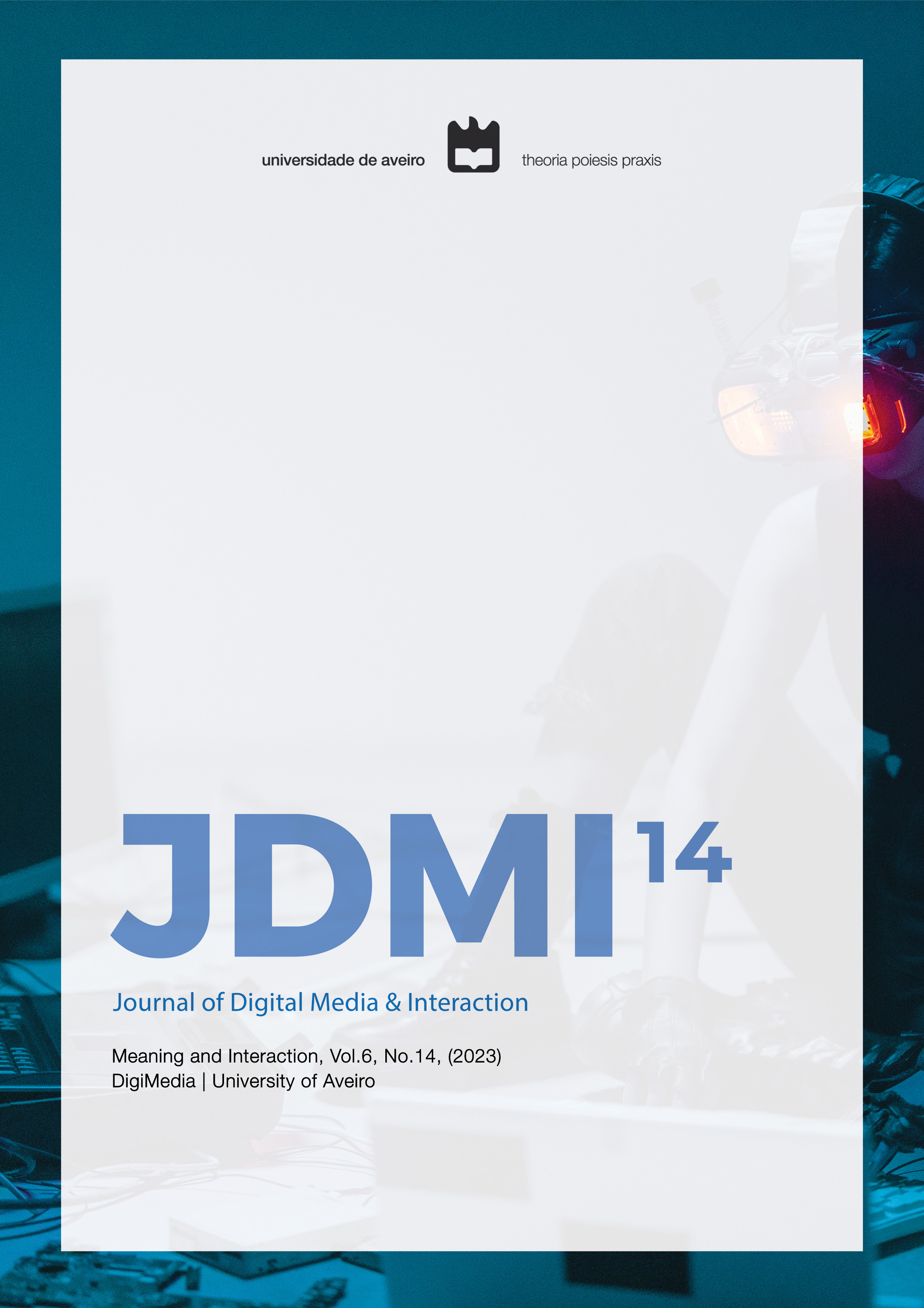The Game is Not Over. Relationships Between Ludic Appropriation and Production of Meaning in Video Games
Abstract
This article discusses the relationships between ludic appropriation and the production of meaning in video games. By ludic appropriation, we refer to the act of performing in-game actions that were not designed or expected by the creators of a particular game, thus expanding the possibilities of producing meaningful interactions in this medium. This work is divided into three large blocks. First, we return to discussing particular aspects of games from theorists like Johan Huizinga, Roger Caillois, and Jacques Henriot. Next, we present the concepts of ludic freedom and ludic appropriation as developed by Maude Bonenfant. Finally, we analyze an episode of ludic appropriation by the community of players of Halo: Combat Evolved, seeking to exemplify, from a real case, the concepts worked throughout the text.
Downloads
Copyright (c) 2023 Emmanoel Ferreira

This work is licensed under a Creative Commons Attribution-NonCommercial-NoDerivatives 4.0 International License.
Authors who publish in the JDMI agree to the following terms:
-
Authors retain copyright and grant the journal the right of first publication with the work simultaneously licensed under a Creative Commons BY-NC-ND 4.0. This licensing allows others to share the work with no changes and acknowledgement of the work's authorship and initial publication in this journal, but not for commercial use.
-
Authors are able to enter into separate, additional contractual arrangements for the non-exclusive distribution of the journal's published version of the work (e.g., post it to an institutional repository or publish it in a book), with an acknowledgement of its initial publication in this journal.
-
Authors are permitted and encouraged to post their work online (e.g., in institutional repositories or on their website) after publication, as it can lead to productive exchanges, as well as earlier and greater citation of published work.
Copyrights to illustrations published in the journal remain with their current copyright holders.
It is the author's responsibility to obtain permission to quote from copyright sources.
Any fees required to obtain illustrations or to secure copyright permissions are the responsibility of authors.
Additional Information
All correspondence concerning contributions, books and other review material should be sent to: deca-jdmi@ua.pt


